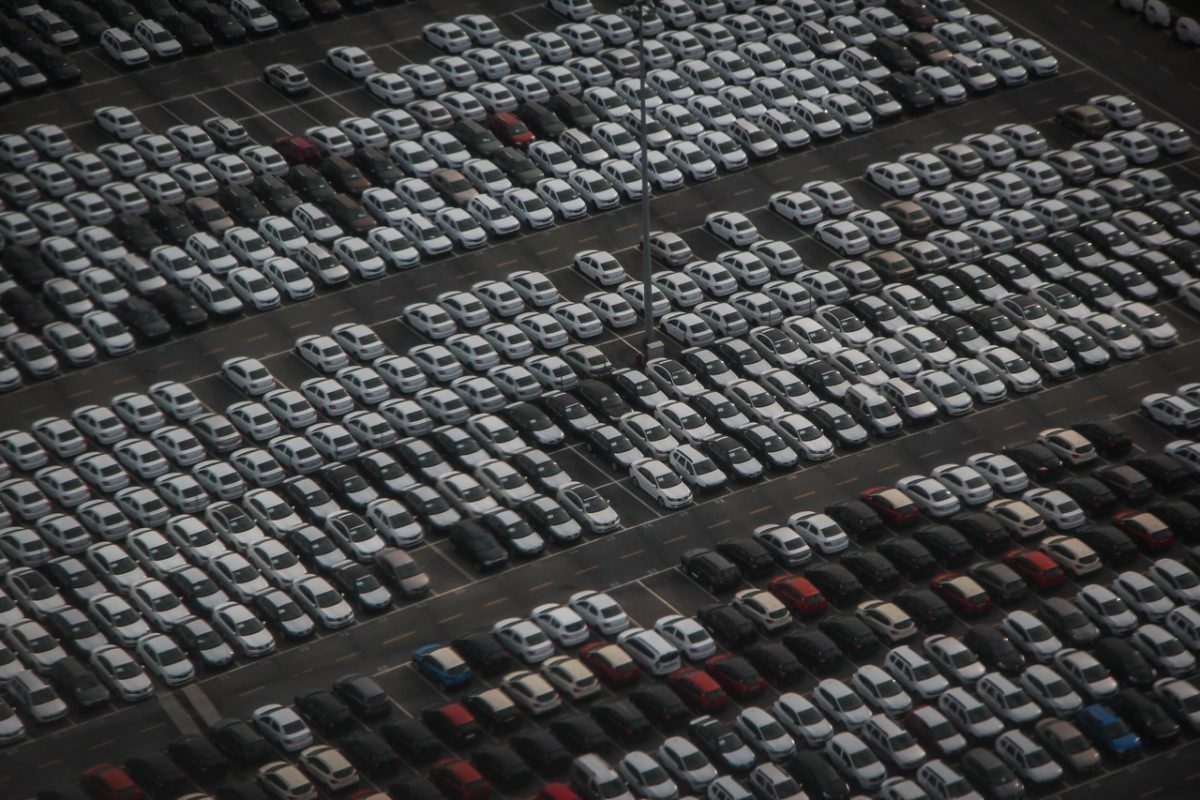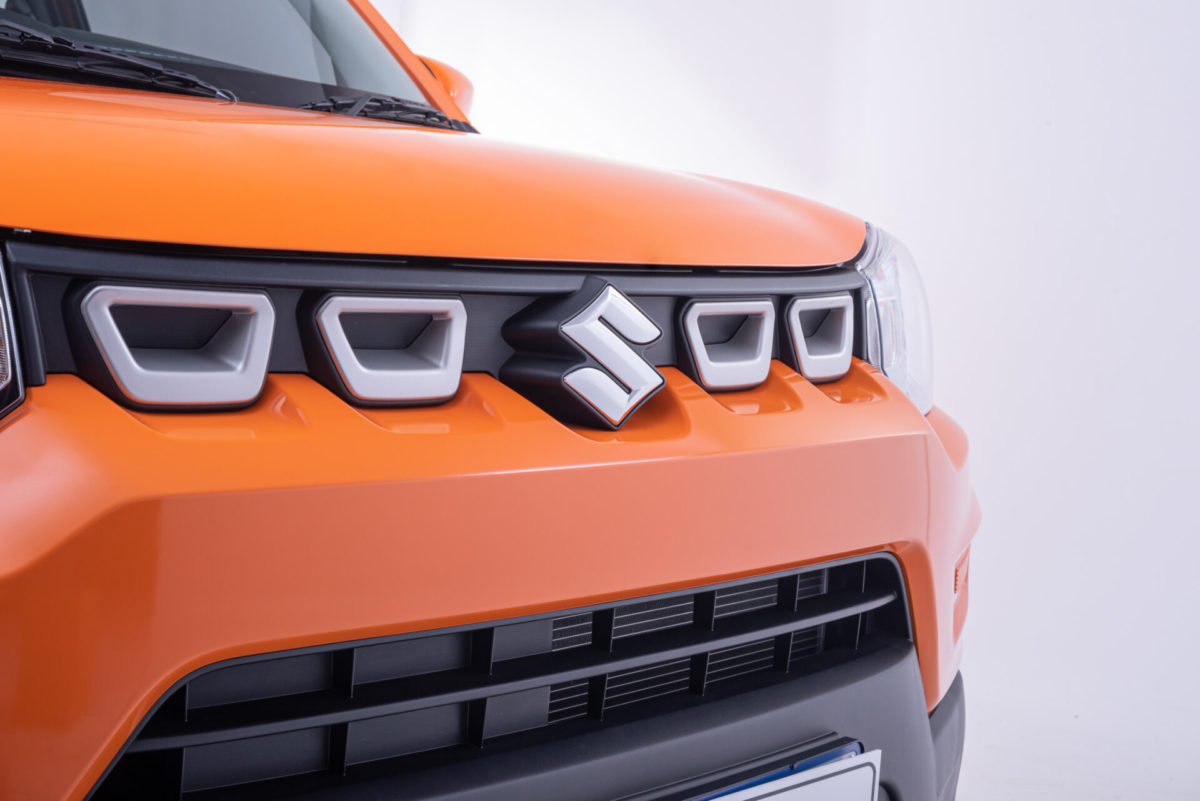A look at vehicle sales figures one year since lockdown began.
As the country observed the first-year anniversary since lockdown commenced, new vehicle sales provided reason for the industry to celebrate.
Twelve months ago, the country reeled to news of the pending lockdown as showrooms prepared to close their doors, consumers headed home, and vehicles were only let out for essential services. In March 2020, the new vehicle market plummeted 29.7% compared to March 2019 to record just 33,545 sales. The grip on the South African motor industry had tightened quickly.
One year later, the resilient industry is fighting a hard recovery. But March 2021 sales put one of their best feet forward.
 According to naamsa, the Automotive Business Council, March sales recorded 44,217 new vehicle sales. Compared to March last year, this represents a 31.8% increase in sales year-on-year, although the downtrodden March 2020 performance should be critically considered.
According to naamsa, the Automotive Business Council, March sales recorded 44,217 new vehicle sales. Compared to March last year, this represents a 31.8% increase in sales year-on-year, although the downtrodden March 2020 performance should be critically considered.With interest rates remaining stable at their low levels, a constantly – albeit slowly – improving supply of imported vehicles, and a slightly healthier economy operating within eased levels of restrictions, we expect the market to continue recovering well.
– Lebogang Gaoaketse, Head of Marketing and Communication at WesBank Vehicle and Asset Finance
“Reassuringly, March sales show a 18.4% increase over February this year, a number more indicative of the real strength of the market,” says Lebogang Gaoaketse, Head of Marketing and Communication at WesBank Vehicle and Asset Finance. “With many of the brands indicating difficulty securing sufficient stock to meet demand, the new vehicle market seems to be well on its way to recovery.”
Passenger car sales were up 23.4% to 27,330 units year-on-year and 13.2% up on February 2021. With some renewed activity in the rental market, the consumer demand was noticeable with dealer sales in the segment up 24.2%.
Light Commercial Vehicles (LCVs) delivered a staggering 52.4% improvement over March last year to sell 14,375 units. This performance means the LCV segment is up 13.2% year-to-date and hopefully represents a surge in business confidence. The majority of activity in the segment remained on the showroom floor with dealers selling 61.1% more bakkies than they did a year ago.
“With interest rates remaining stable at their low levels, a constantly – albeit slowly – improving supply of imported vehicles, and a slightly healthier economy operating within eased levels of restrictions, we expect the market to continue recovering well,” says Gaoaketse. “While we have seen a significant increase in the average deal size financed by WesBank, we don’t expect new vehicle prices to increase dramatically. This will also provide added stimulus to the market and is a positive sign of consumer sentiment and ability to participate in the new vehicle market.”
The strong March performance made an encouraging impact on year-to-date sales. First quarter sales are just 0.9% down on the same period last year with 116,225 sales recorded during the first three months.

























